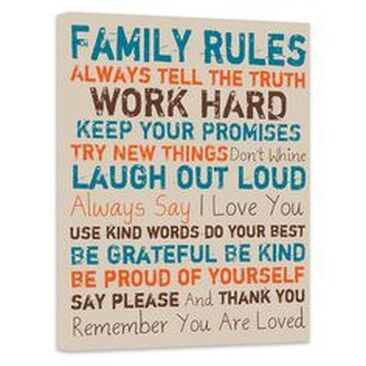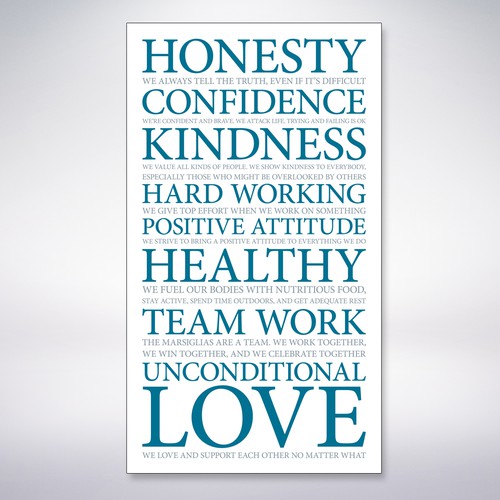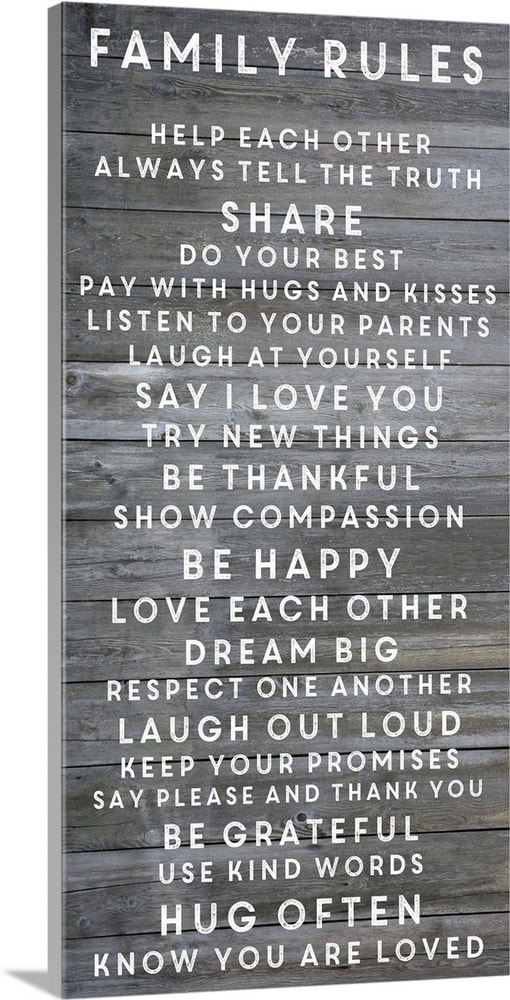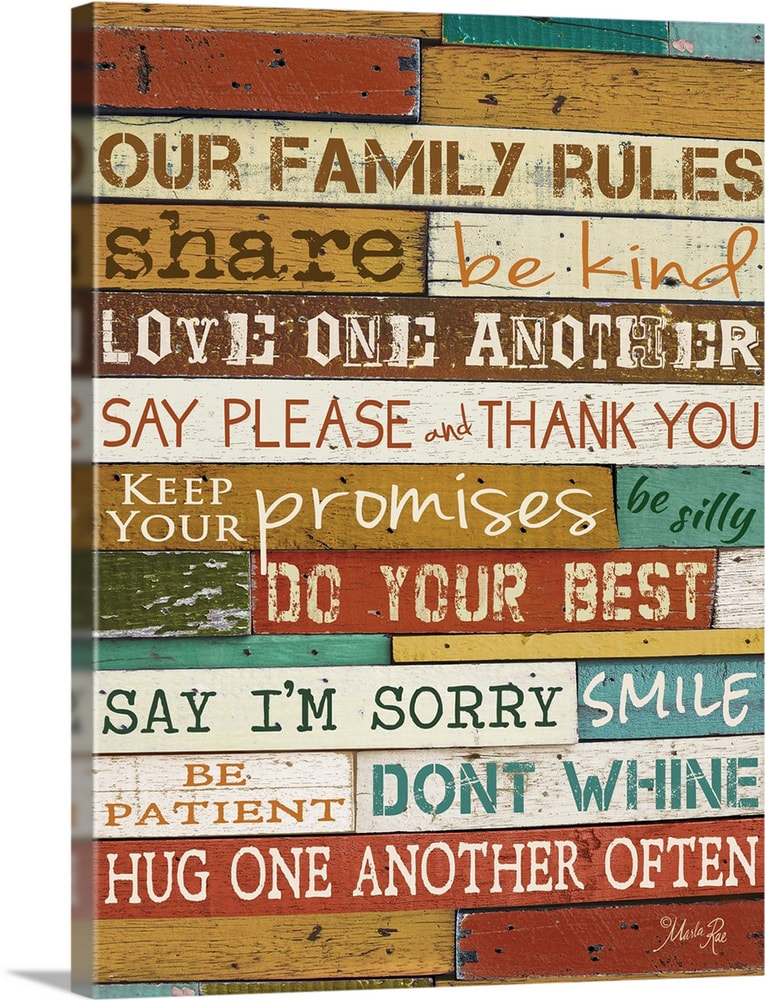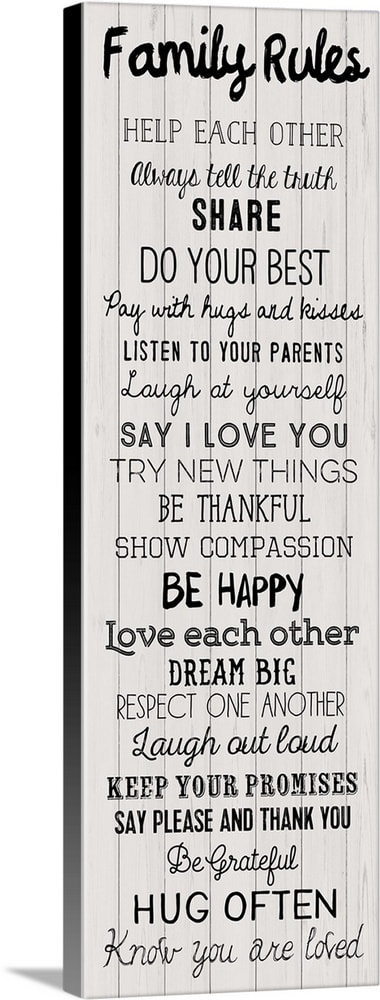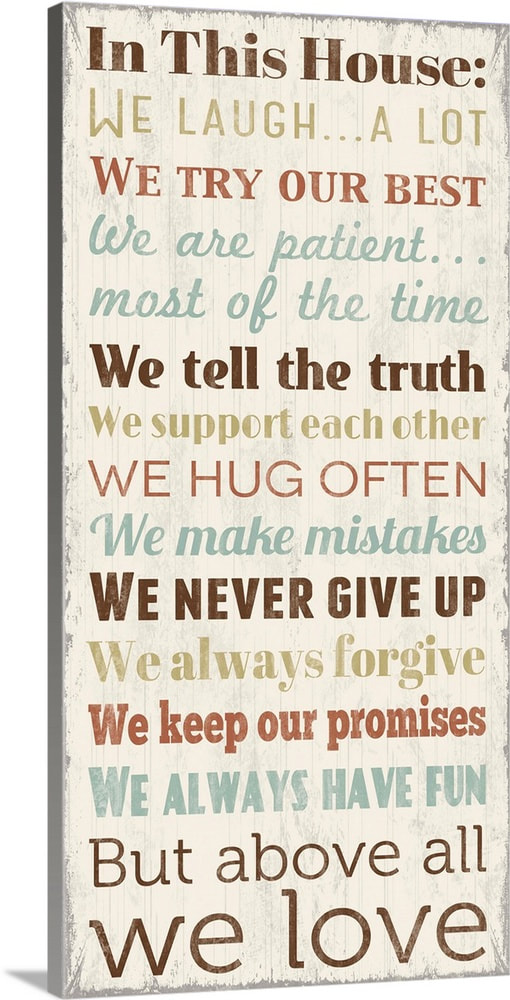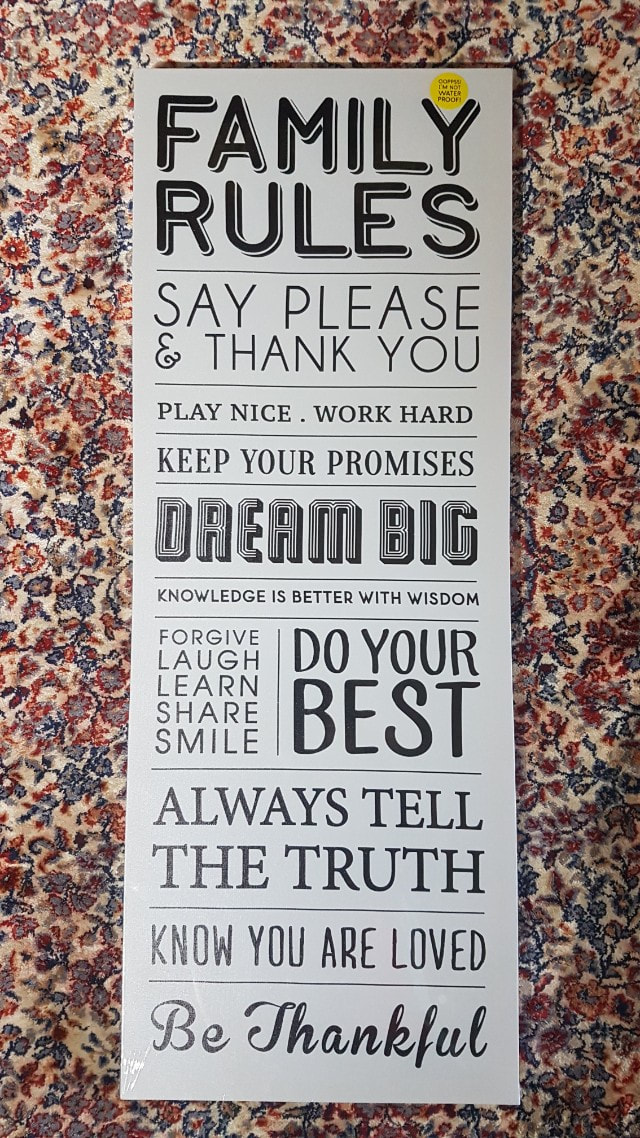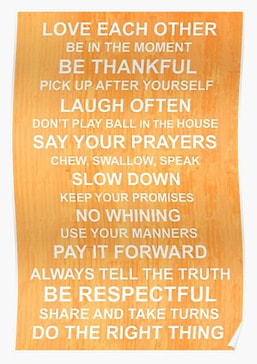8 Benefits Of Identifying Your Values By Allison Mandell
What does the word value mean to you? Can you define it? Values are what you believe matter most in life. Everyone’s values are different. Some common values are love, success, friendship, intelligence, and respect. As children, our parents and teachers pass values on to us and we live our lives based on what they’ve taught us is important, be that kindness, friendship, listening, etc. But as adults we must determine what is of most value to us on our own. Some of the values from childhood may stay the same, but you may realize that others have become increasingly more important as you have grown and changed. Tolerance, gratitude, and family, for example, may be of huge significance to you now.
1. Values help you find your purpose.
Have you already figured out the purpose of life? If not, as is the case for most of us, values can help answer the all-encompassing question, “What is my purpose in life?” You can’t expect to know what you want out of life if you don’t know what is important in life. Knowing what you value gets you that much closer to an answer. Think about it.
2. Values help you react in difficult situations.
Values are guiding principles for behavior. They can help ensure you behave in a way that matches who you want to be at your core. People often react quickly in situations, especially difficult ones, and they don’t always take the time to think about what they are doing before they do it. You can use your values to reflect on situations, too, to decide, for example, if you need to apologize for something. What a helpful little tool!
3. Values help you make decisions.
When you come across the need to make a decision, your values can help you make the right call. Sometimes emotions get in the way of good decision making, but if you stop to ask yourself, “What would someone who values X do in this situation?” then you just might be able to come to a more clearheaded, less emotionally-affected decision.
4. Values help clear out clutter.
Do you ever want to eliminate excess baggage from your life? Identifying your values will help you rule out the things you really do not want, need or believe are important. People are consumed with so much these days. Weed the time- and energy-wasting things out of your life!
5. Values help you choose the right career.
All career paths come with pros and cons, we know that. But when you know what matters most to you, you can be sure you are choosing the right career path. If you value connection, interaction, and friendship, for example, then it’s possible a work-at-home job may not be a good fit for you. On the other hand, if you value travel, wealth, and conversation, then maybe a traveling sales job is perfect for you. Sometimes knowing your values can even help you determine if a promotion is the best idea for you. Who knew saying no to a promotion could be a good idea?
6. Values help you develop a sense of self.
Knowing your values means you can develop strong opinions about important subjects. You don’t want to just believe what your parents believed. You can’t just say you believe you what your friends believe. You need to figure out what you trulybelieve, and then you can share your honest self with others. This is important!
7. Values help increase your confidence.
Identifying your values increases your level of confidence because it brings about a sense of stability and safety to your life. When you know what you want, it doesn’t matter what other people want. When you know what is important to you, it doesn’t matter what is important to other people. This will naturally bring a sense of confidence to your life.
8. Values help your overall happiness level.
If you combine the results from benefits one though seven, then you have likely improved your life. You’ve developed a purpose, reacted better in difficult situations, made good decisions, found the right career, developed opinions, and increased your confidence. It’s fair to say you might just feel a little happier!
What does the word value mean to you? Can you define it? Values are what you believe matter most in life. Everyone’s values are different. Some common values are love, success, friendship, intelligence, and respect. As children, our parents and teachers pass values on to us and we live our lives based on what they’ve taught us is important, be that kindness, friendship, listening, etc. But as adults we must determine what is of most value to us on our own. Some of the values from childhood may stay the same, but you may realize that others have become increasingly more important as you have grown and changed. Tolerance, gratitude, and family, for example, may be of huge significance to you now.
1. Values help you find your purpose.
Have you already figured out the purpose of life? If not, as is the case for most of us, values can help answer the all-encompassing question, “What is my purpose in life?” You can’t expect to know what you want out of life if you don’t know what is important in life. Knowing what you value gets you that much closer to an answer. Think about it.
2. Values help you react in difficult situations.
Values are guiding principles for behavior. They can help ensure you behave in a way that matches who you want to be at your core. People often react quickly in situations, especially difficult ones, and they don’t always take the time to think about what they are doing before they do it. You can use your values to reflect on situations, too, to decide, for example, if you need to apologize for something. What a helpful little tool!
3. Values help you make decisions.
When you come across the need to make a decision, your values can help you make the right call. Sometimes emotions get in the way of good decision making, but if you stop to ask yourself, “What would someone who values X do in this situation?” then you just might be able to come to a more clearheaded, less emotionally-affected decision.
4. Values help clear out clutter.
Do you ever want to eliminate excess baggage from your life? Identifying your values will help you rule out the things you really do not want, need or believe are important. People are consumed with so much these days. Weed the time- and energy-wasting things out of your life!
5. Values help you choose the right career.
All career paths come with pros and cons, we know that. But when you know what matters most to you, you can be sure you are choosing the right career path. If you value connection, interaction, and friendship, for example, then it’s possible a work-at-home job may not be a good fit for you. On the other hand, if you value travel, wealth, and conversation, then maybe a traveling sales job is perfect for you. Sometimes knowing your values can even help you determine if a promotion is the best idea for you. Who knew saying no to a promotion could be a good idea?
6. Values help you develop a sense of self.
Knowing your values means you can develop strong opinions about important subjects. You don’t want to just believe what your parents believed. You can’t just say you believe you what your friends believe. You need to figure out what you trulybelieve, and then you can share your honest self with others. This is important!
7. Values help increase your confidence.
Identifying your values increases your level of confidence because it brings about a sense of stability and safety to your life. When you know what you want, it doesn’t matter what other people want. When you know what is important to you, it doesn’t matter what is important to other people. This will naturally bring a sense of confidence to your life.
8. Values help your overall happiness level.
If you combine the results from benefits one though seven, then you have likely improved your life. You’ve developed a purpose, reacted better in difficult situations, made good decisions, found the right career, developed opinions, and increased your confidence. It’s fair to say you might just feel a little happier!
|
Acceptance
Favorable reception or belief in something Accomplishment Doing or finishing something successfully Accountability Obligation or willingness to accept responsibility Adaptability The ability to modify behavior to fit changing situations Adventurousness Inclination to undertake new and daring enterprises Allegiance Loyalty or the obligation of loyalty Altruism Unselfish concern for the welfare of others Ambition An eager or strong desire to achieve something Appreciation Recognizing the quality, value or significance of people and things Aspiration A strong or persistent desire for high achievement Authenticity The quality or condition of being trustworthy or genuine Autonomy The condition or quality of being independent Benevolence An inclination to perform kind, charitable acts Camaraderie Goodwill and lighthearted rapport between or among friends Caring Feeling and exhibiting concern and empathy for others Changeability The ability to modify or adapt to differing circumstances Charity Generosity toward others or toward humanity Chastity The condition of being of virtuous character Cheerfulness The quality of being cheerful and dispelling gloom Citizenship Exercising the duties rights, and privileges of being a citizen Clear thinking Acting intelligently without mental confusion Collaboration To work cooperatively especially in a joint intellectual effort Commitment Being bound emotionally or intellectually to a course of action or to another person or persons Community Recognition that one is part of a greater whole which leads to sharing, participation and fellowship with others as well as mutual concern for each others' well-being Compassion Deep awareness of the suffering of others coupled with the wish to relieve it Competence The state or quality of being adequately or well qualified Competitive Striving to do something better than someone else Composure Maintaining a tranquil or calm state of mind Concern Regard for or interest in someone or something Confidence Faith in one's talents and abilities; belief that success is likely and merited Conscientiousness Feeling that one is personally responsible for meeting needs and living up to expectations Consideration Process of employing continuous, careful thought and examination Consistency Reliability or uniformity of successive results or events Constancy Steadfastness in purpose Cooperation The willing association and interaction of a group of people to accomplish a goal Courage The state or quality of mind or spirit that enables one to face danger, fear or challenges with confidence and resolution Courtesy Civility; consideration for others Credibility The quality or power to engender trust Decency Conformity to prevailing standards of propriety or modesty Dedication Selfless devotion of energy or time Democracy The principles of social equality and respect for the individual within a community Dependability The trait of being reliable Determination Firmness of will, strength, purpose of character Diligence Working consistently and dutifully Diversity A point of respect in which things differ; variety Easy going Relaxed or informal in attitude or standards Education Obtaining or developing knowledge or skill through a learning process Effort Putting in the time and exertion to do one's best Efficiency The quality of producing an effect or result with a reasonable degree of effort to energy expended Empathy Identification with and understanding of another's situation, feelings and motives Encouragement The act of incitement to action or to practice Equality The right of different groups of people to receive the same treatment Equity The state, quality, or ideal of being just, impartial and fair Ethics Beliefs about what is right and wrong conduct Excellence Exceeding expectations, maximizing potential and demonstrating considerable skill and accomplishments Fairness Consistent with rules, logic or ethics Faith Confident belief in the truth, value or trustworthiness of a person, idea or thing Faithfulness Adhering firmly and devotedly to someone or something that elicits or demands one's fidelity Fidelity Faithfulness; loyalty or devotion Flexibility Responsive to change Forgiveness Letting go of the past wrongdoings of another so the relationship can move forward Fortitude The strength or firmness of mind that enables a person to face danger, pain or despondency with stoic resolve Friendship A relationship between people based on mutual esteem and goodwill Generosity Liberality in giving or willingness to give Gentleness The quality of being mild and docile Genuine Not deceitful or counterfeit; authentic Giving Voluntarily transferring knowledge or property without receiving value in return Goodness Morally right, or admirable because of kind, thoughtful, or honest behavior Goodwill A friendly attitude in which you wish that good things happen to people Gratitude A feeling of thankfulness and appreciation Hardworking Industrious and tireless Helpfulness The property of providing useful assistance or friendliness evidence by a kindly and helpful disposition Honesty Fairness and straightforwardness of conduct Honor Principled uprightness of character; personal integrity Hope The feeling that something desired can be had or will happen Humility Feeling that you have no special importance that makes you better than others Independence Able to act without relying on the assistance of others and the resolve to make decisions without others' undue influence Industriousness The characteristic of regularly working hard Ingenuity Inventive skill or imagination Initiative Ability to begin or to follow through energetically with a plan or task Integrity Strict adherence to moral values and principles Joy Intense or exuberant happiness often stemming from a sense of interior peace and "rightness Justice Conformity to moral rightness in action or attitude Kindness Caring about the needs of others, concern for their best interests and well-being Law-abiding Abiding by the encoded rules of society Leadership Taking charge and being a good example Liberty The right and power to act, believe, or express oneself in a manner of one's own choosing. Love A feeling of intense desire and attraction toward a person or idea Loyalty A feeling or attitude of devotion, attachment and affection Mercy Forgiveness shown toward someone whom you have the power to punish Moderation Having neither too little nor too much of anything Morals Individual beliefs about what is right and wrong Motivation Determination; resolve to put forth one's best effort Obedience Compliance with that which is required; adherence to the requests of legitimate authority Opportunity Favorable or advantageous circumstance or combination of circumstances Optimism A bright, hopeful view and expectation of the best possible outcome Patience The ability to accept delay, suffering or annoyance without complaint or anger Peace Freedom from war, violence and discord Perseverance Steady persistence in adhering to a course of action, a belief or a purpose Perspective Ability to see the "big picture" and determine the relative importance of different interests and priorities Promise-keeping Keeping your word that that you will certainly do something Prudence Doing something right because it is the right thing to do Punctuality Adherence to the exact time of a commitment or event Purity Moral goodness Reason The ability to think and make good judgments Recognition An acceptance as true or valid Reconciliation Jointly working through divergent ideas or positions so all involved can work together Reliability Consistent performance upon which you can depend or trust Repentance Remorse for past wrongdoings Resilience The ability to rebound quickly from misfortune or change Resourcefulness The ability to act effectively or imaginatively, especially in difficult situations Respect Showing due deference to the innate dignity and value of others Responsibility That for which someone is responsible or answerable Righteousness The state of being morally upright; without guilt or sin Sacrifice To give up something for something else considered more important Self-control Control of personal emotions, desires, or actions by one's own will Self-discipline Making yourself do things when you should, even if you do not want to do them Self-respect Confident recognition of one's innate value and dignity Sensitivity Awareness of the needs and emotions of others Serenity Calmness of mind and evenness of temper Service Intentional efforts to understand the needs of others and to be of assistance Sharing To allow others to participate in, use, enjoy or experience jointly or in turns Sincerity Genuineness, honesty and freedom from deception and/or intentional misrepresentation Sobriety Possessing the resolve to act and make decisions solely based on logic and merit, rather than succumbing to passion or attachment ; calmness; coolness; seriousness Stamina The physical or mental strength to do something for a long time Stewardship The careful conducting, supervising, or managing of something Supportive Furnishing support or assistance Sustainability Making decisions and acting with regard for the value and finite nature of resources, including the environment Teamwork Working together towards a common goal Thoughtfulness The tendency to anticipate needs or wishes Tolerance Recognizing and respecting the beliefs or practices of others Tranquility A state of calm and peacefulness Transparency Being forthright and open in one's dealings and in communicating matters of importance Trustworthiness The trait of deserving confidence Truthfulness Honesty in words and actions; being forthcoming and avoiding deception Understanding Knowing how something works or a positive, truthful relationship between people Values Core beliefs that guide and motivate attitudes and actions Virtue Doing something right because it is the good thing to do Wisdom The ability to make good judgments based on what you have learned from your experience Work Perform as intended or desired Work Ethic Dedication and commitment to fulfilling one's responsibilities and successfully completely assignments |
